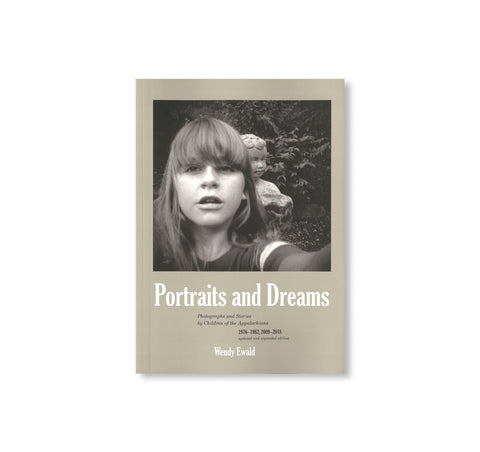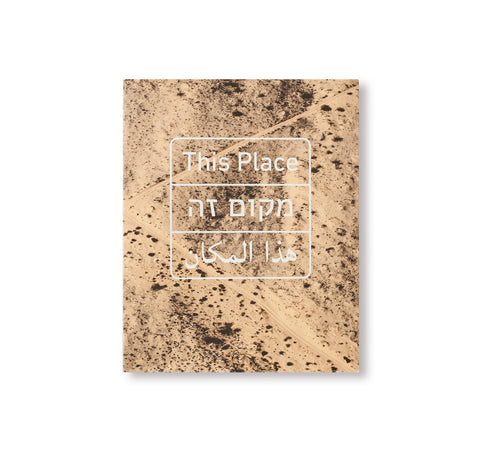THE DEVIL IS LEAVING HIS CAVE by Wendy Ewald
アメリカ人フォトグラファー、教育者、ウェンディ・エワルド(Wendy Ewald)の作品集。作者は、50年にわたり世界中の子どもたち、家族、女性や教育者と共同制作をしてきた。サパティスタ民族解放軍(EZLN)の武装反乱が起きる1年前の1990年、作者はメキシコ最南端に位置するチアパス州に住むマヤ系、ラディーノ系、ツォツィル系先住民の子どもたちに写真教室を開催することを目的にマヤ・ライターズ組合の『Sna Jtz-ibajom(The House of the Writers)』に招待された。チアパス州においてカメラやビデオカメラは珍しい物ではなかったが、一般的に観光客が使用していたものとして文化的偏見を助長する傾向があった。作者はあえて写真を撮らず、生徒たちが自ら日常や夢、希望や幻想を描き撮影するよう指導した。この課題は、夢と現実が同じ事実性を示すと捉え同様に重要なものとするマヤ文化と共鳴した。その結果生まれたプロジェクト「The Devil is leaving his Cave」は、「サパティスタの反乱」で荒廃する前のマヤのコミュニティにおける日常生活の現実を洞察するユニークな企画となった。本書は、作者自身のオリジナルプロジェクトに加えて、移民支援団体『セントロ・ロメロ(Centro Romero)』の協力を得て、2019年から2021年にかけてシカゴに住む15人のメキシコ系アメリカ人と共同制作した新作をまとめている。このイメージは、作者が1990年代に指導した生徒たちと同じ題材に対応しており、声なき移民の体験を精算する方法として内面や夢を捉えることに重点を置いている。この作品群で明らかになった、「制約」や「内省」といったテーマは、本作の一部が新型コロナウィルス感染症によるロックダウン下で制作されたことによってさらに強化された。チアパスとシカゴでの両プロジェクトは、普遍的な幼少期の喜びや悲しみを抱きながら、多様な歴史を持つメキシコの異なる地で育つことの差異を辿っている。
作者と詩人・学者のエドガー・ガルシア(Edgar Garcia)、キュレーター・作家のアビゲイル・ウィノグラッド(Abigail Winograd)によるエッセイも収録。
In 1990, a year before the Zapatistas’ armed revolt, Wendy Ewald was invited to conduct photography classes for Mayan, Ladino, and Tzotzil children living in Chiapas, the southernmost province of Mexico. The sponsoring organization was the Mayan writers’ cooperative, Sna Jtz-ibajom (The House of the Writers). While cameras and camcorders were hardly novelties in Chiapas, they were generally used by tourists whose picture-taking reinforced their own cultural biases. Ewald did not take pictures; instead she guided her students in taking their own pictures of their daily lives, dreams, desires, and fantasies. These briefs resonated with the importances held by dreams in Mayan culture, which considers them as real as waking life. The resulting project, The Devil is leaving his Cave, is a unique insight into the everyday realities of life in Mayan communities just before the devastation of the Zapatista uprising. This book brings together Ewald’s original project with new work made in collaboration with fifteen young Mexican Americans living in Chicago, coordinated with the help of Centro Romero, an immigrant service organisation. These images respond to many of the same subjects as those by Ewald’s 1990s students, with an emphasis now on capturing inner lives and dreams as a way of reckoning with the unvoiced experiences of immigration. The themes of restriction and self-reflection that emerged from this new work were intensified by being made in part under COVID lockdown. Together, the Chiapas and Chicago projects trace the differences between growing up in different Mexican geographies with diverse histories, while holding on to the universal joys and sorrows of childhood.
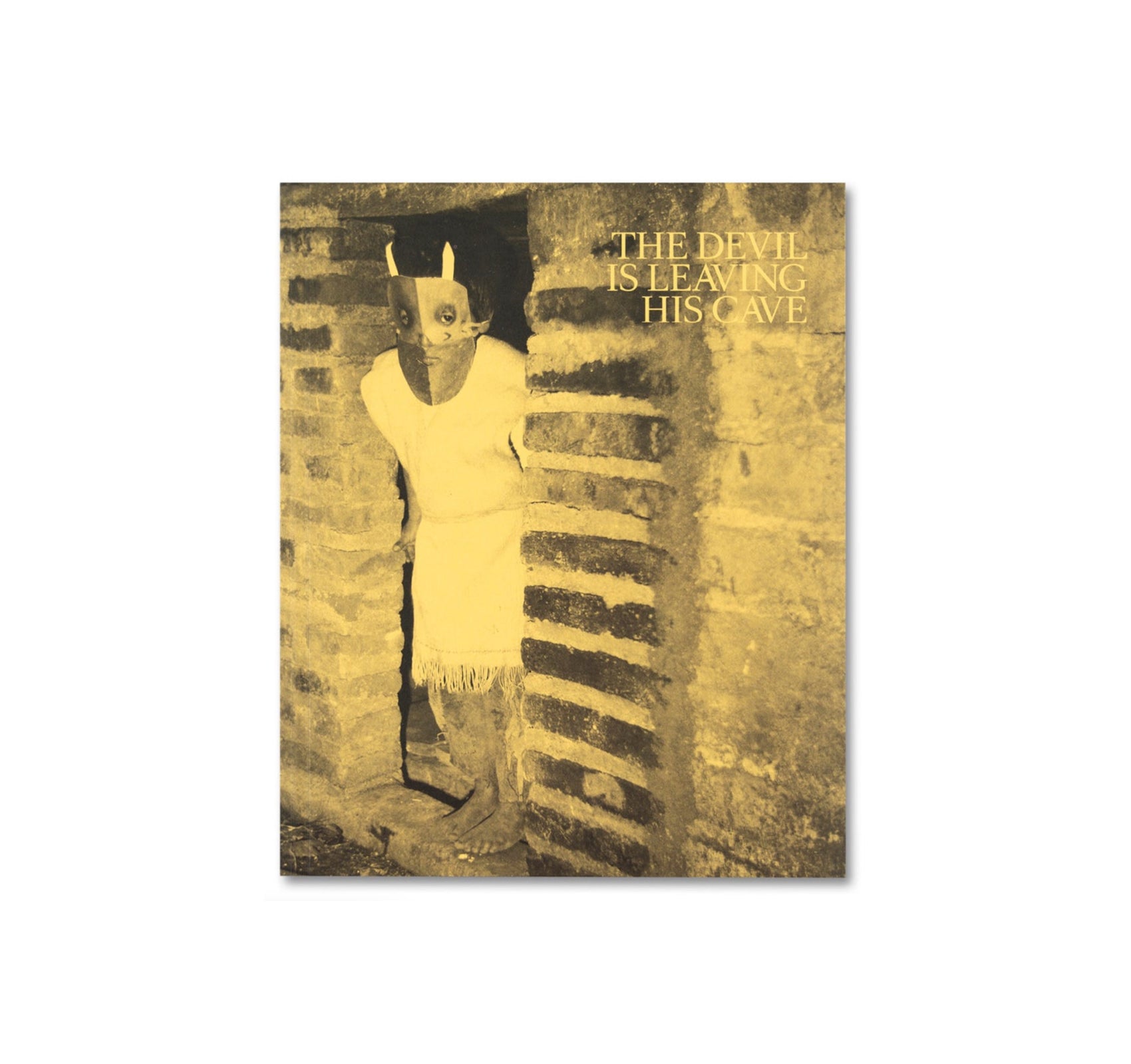
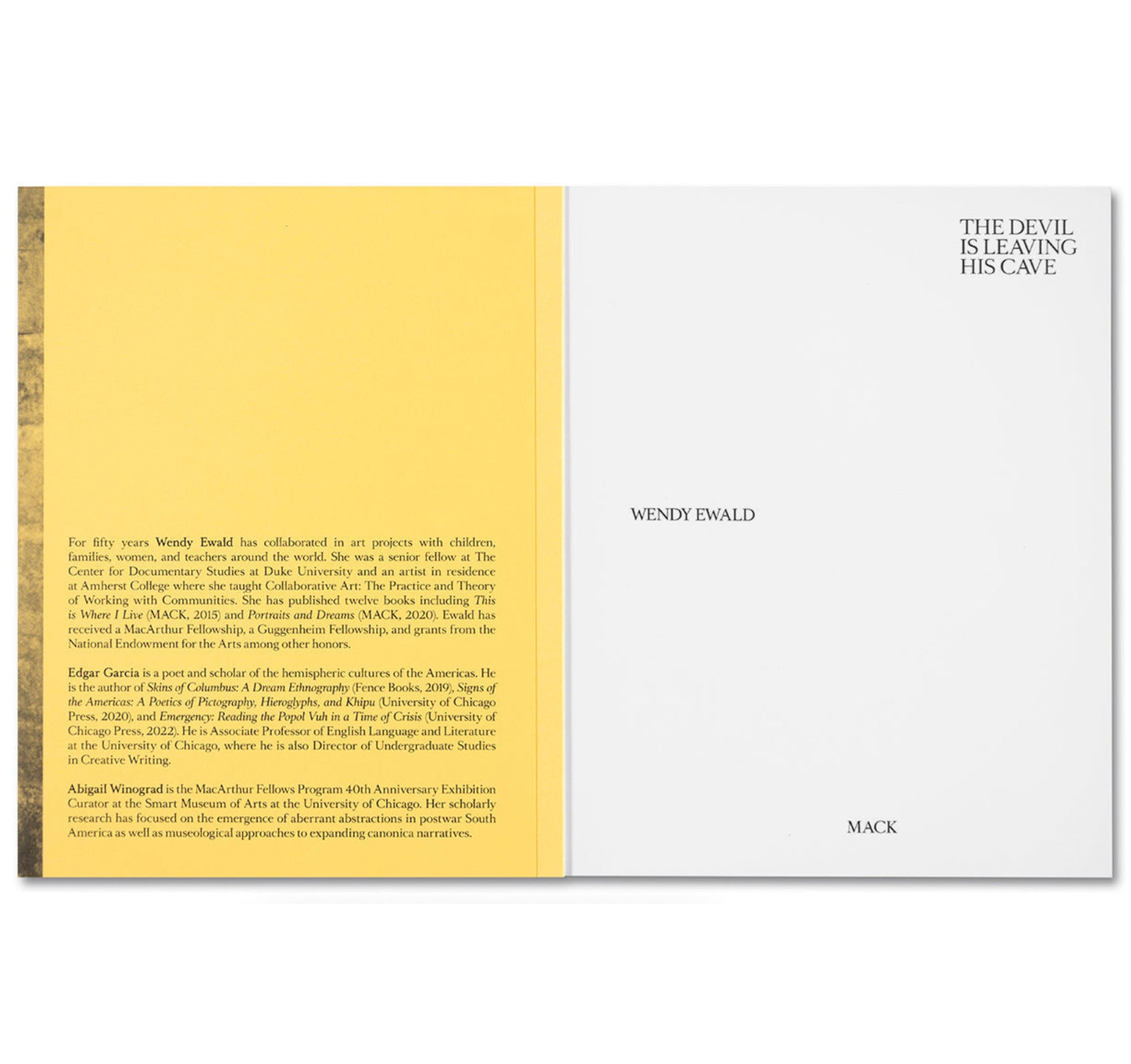
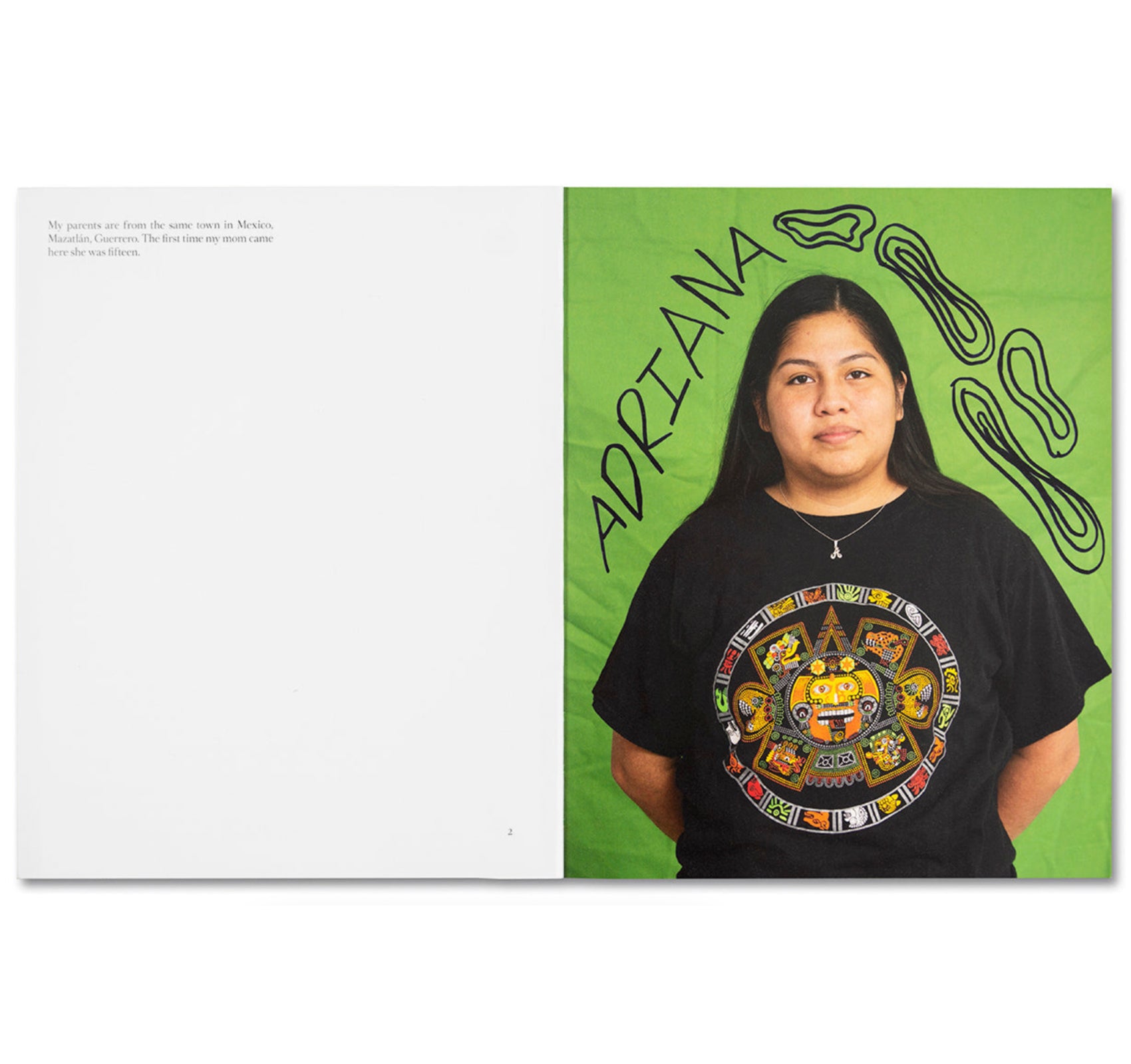
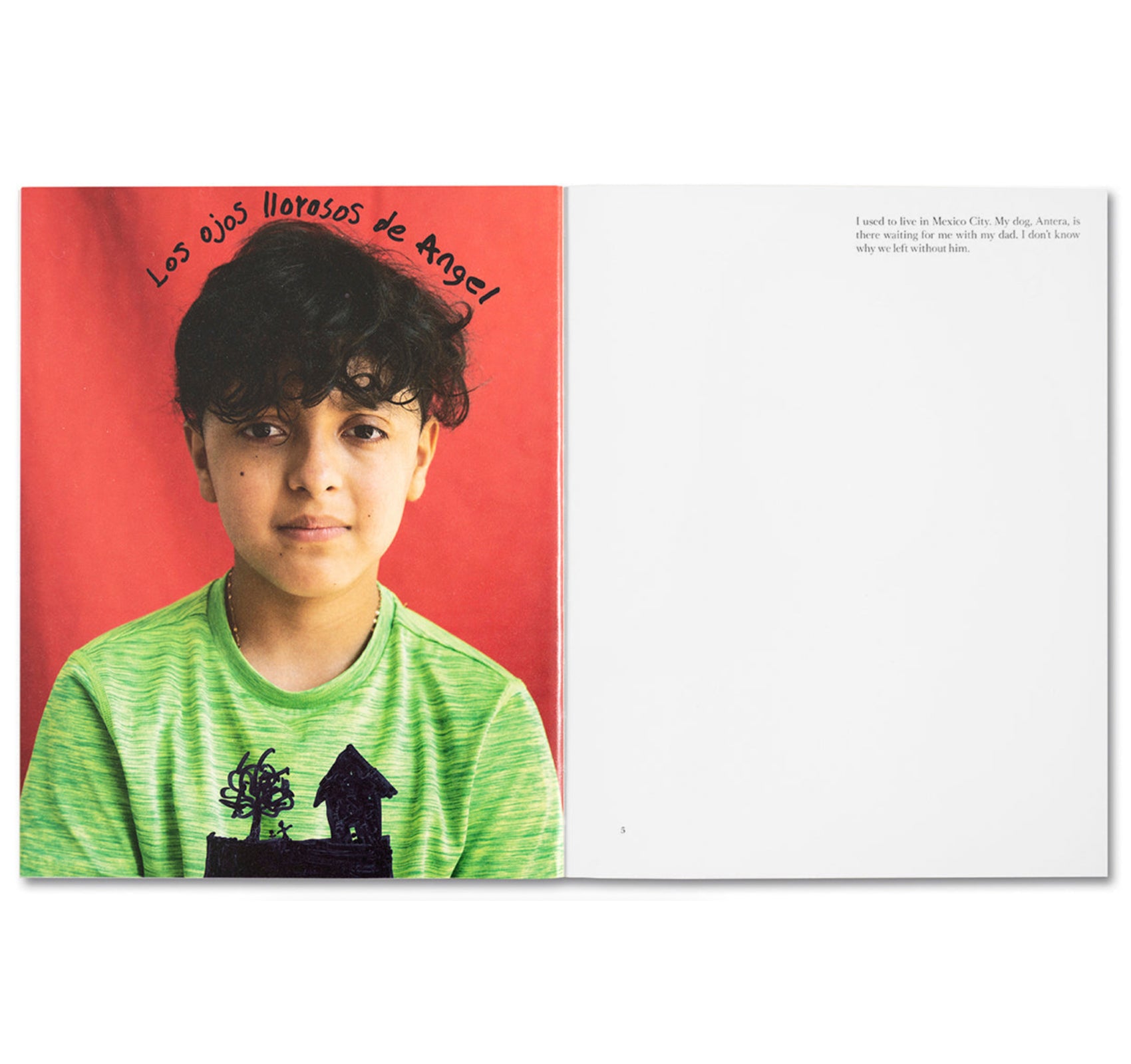

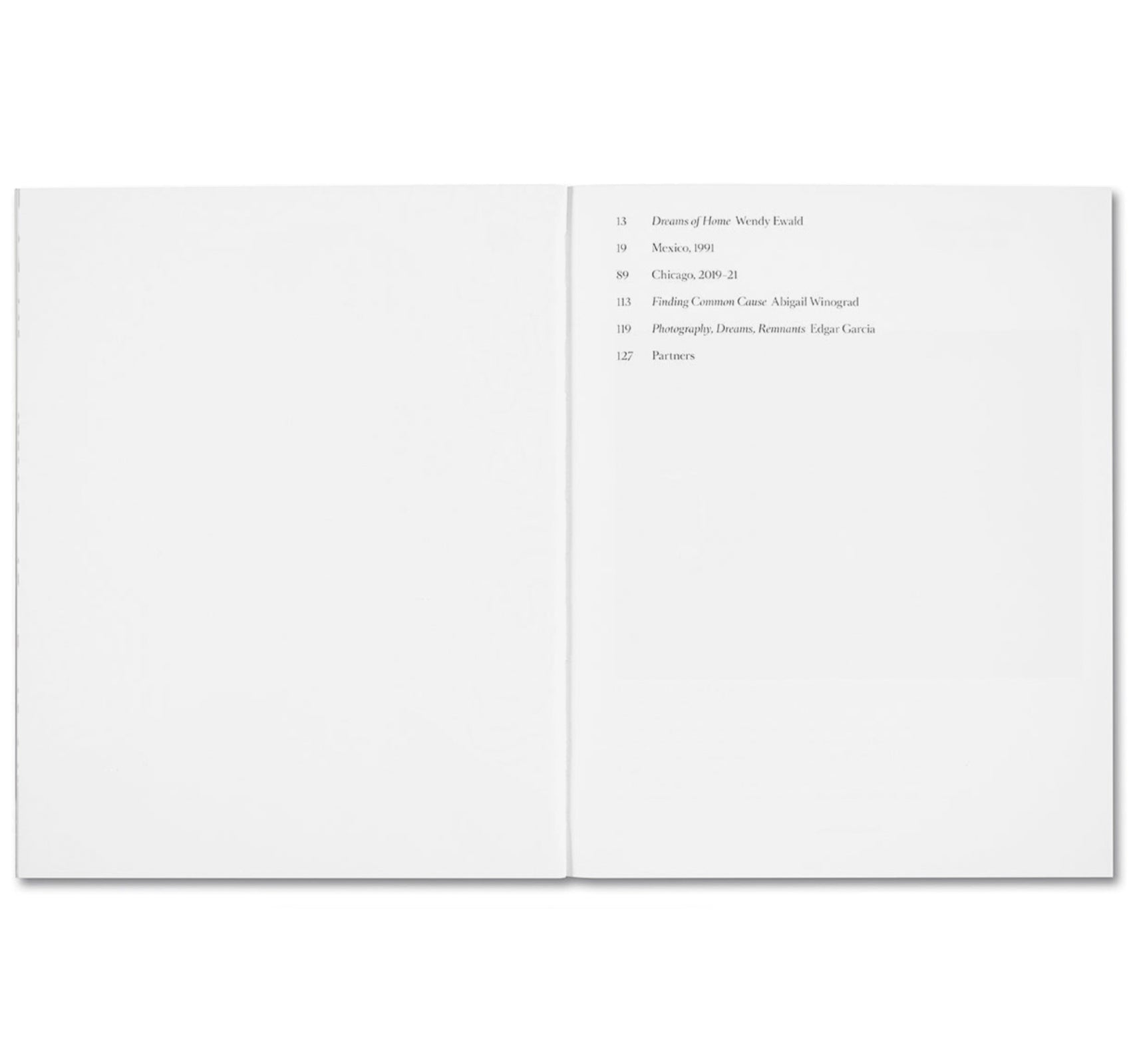

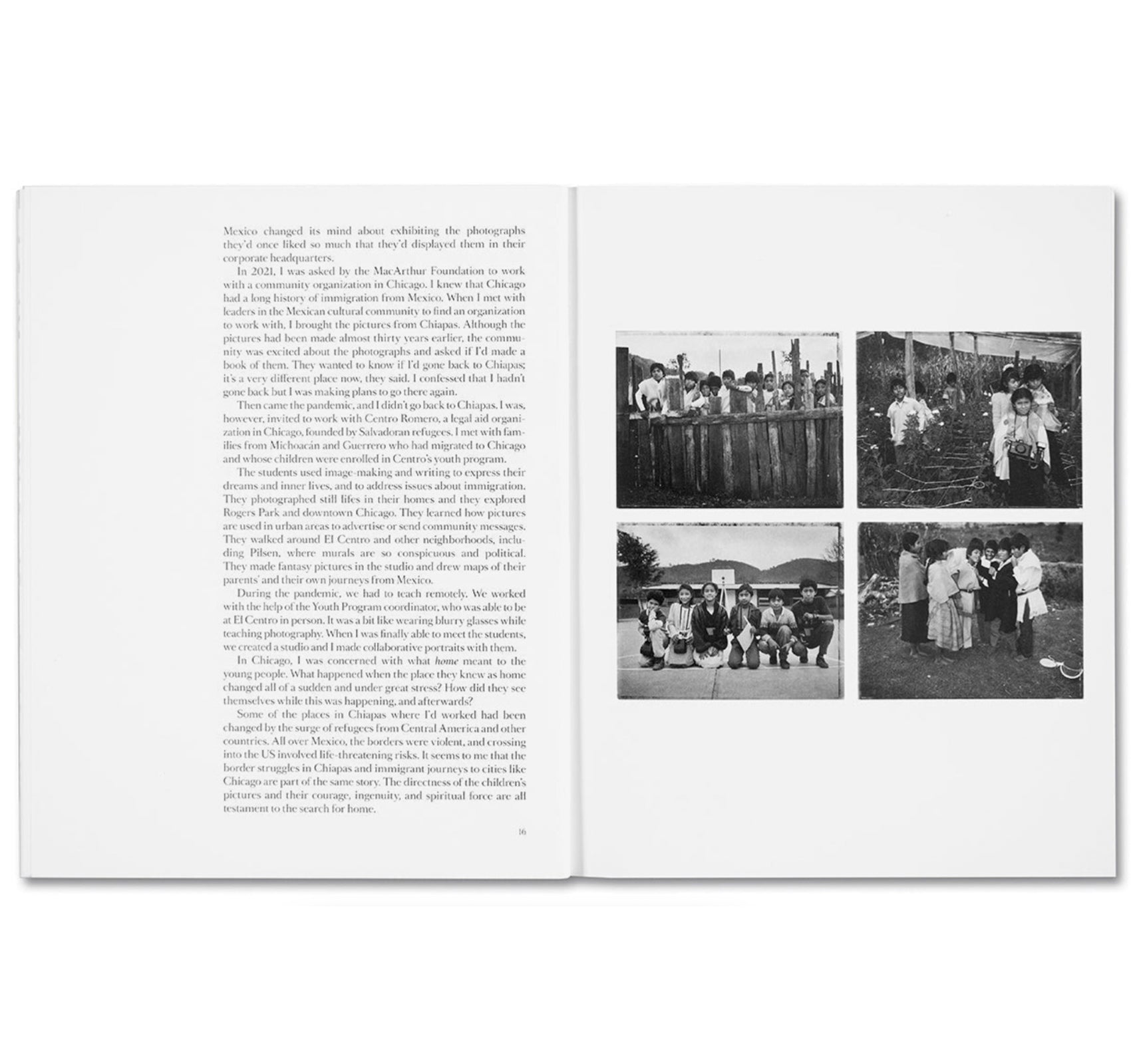

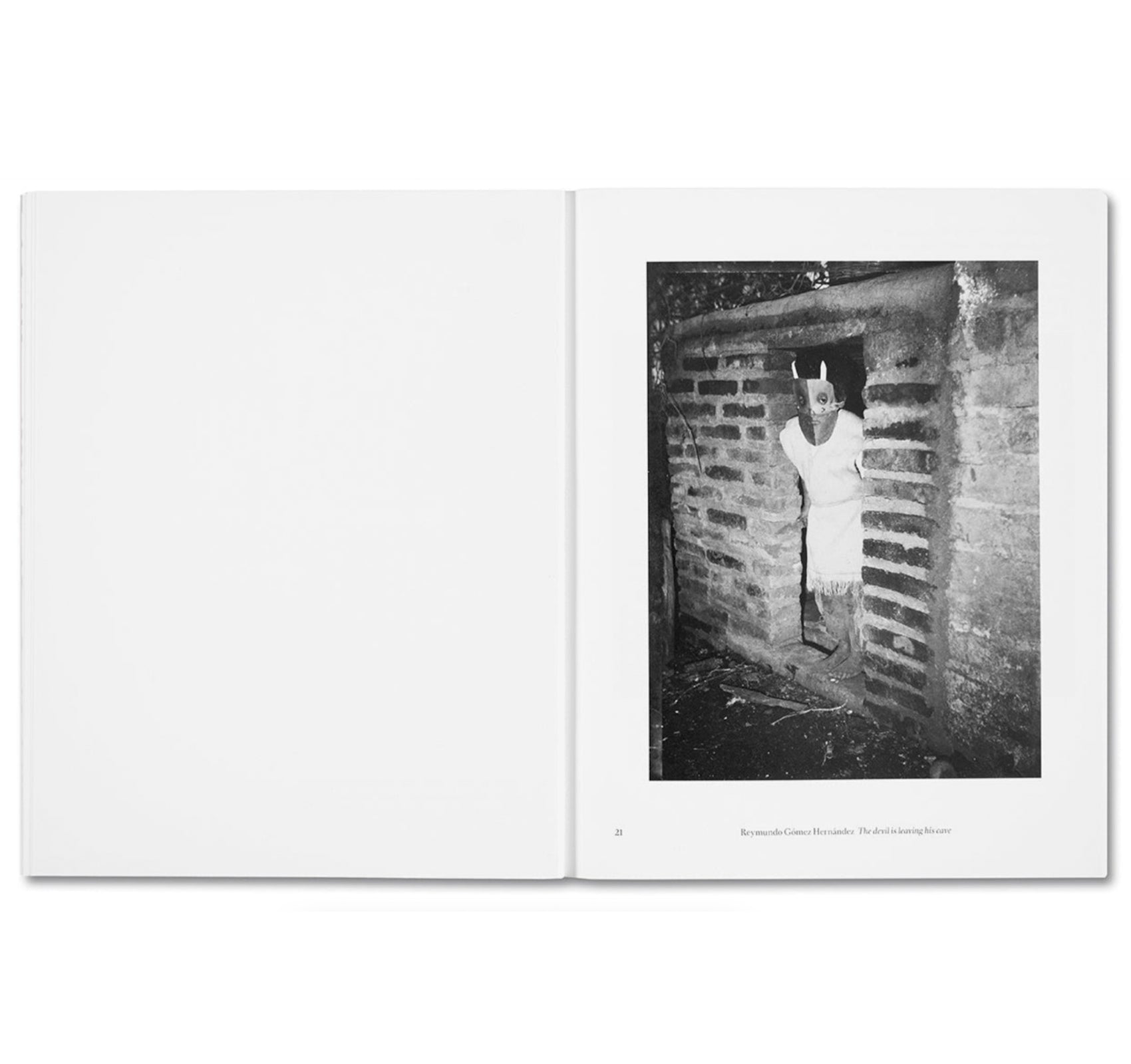
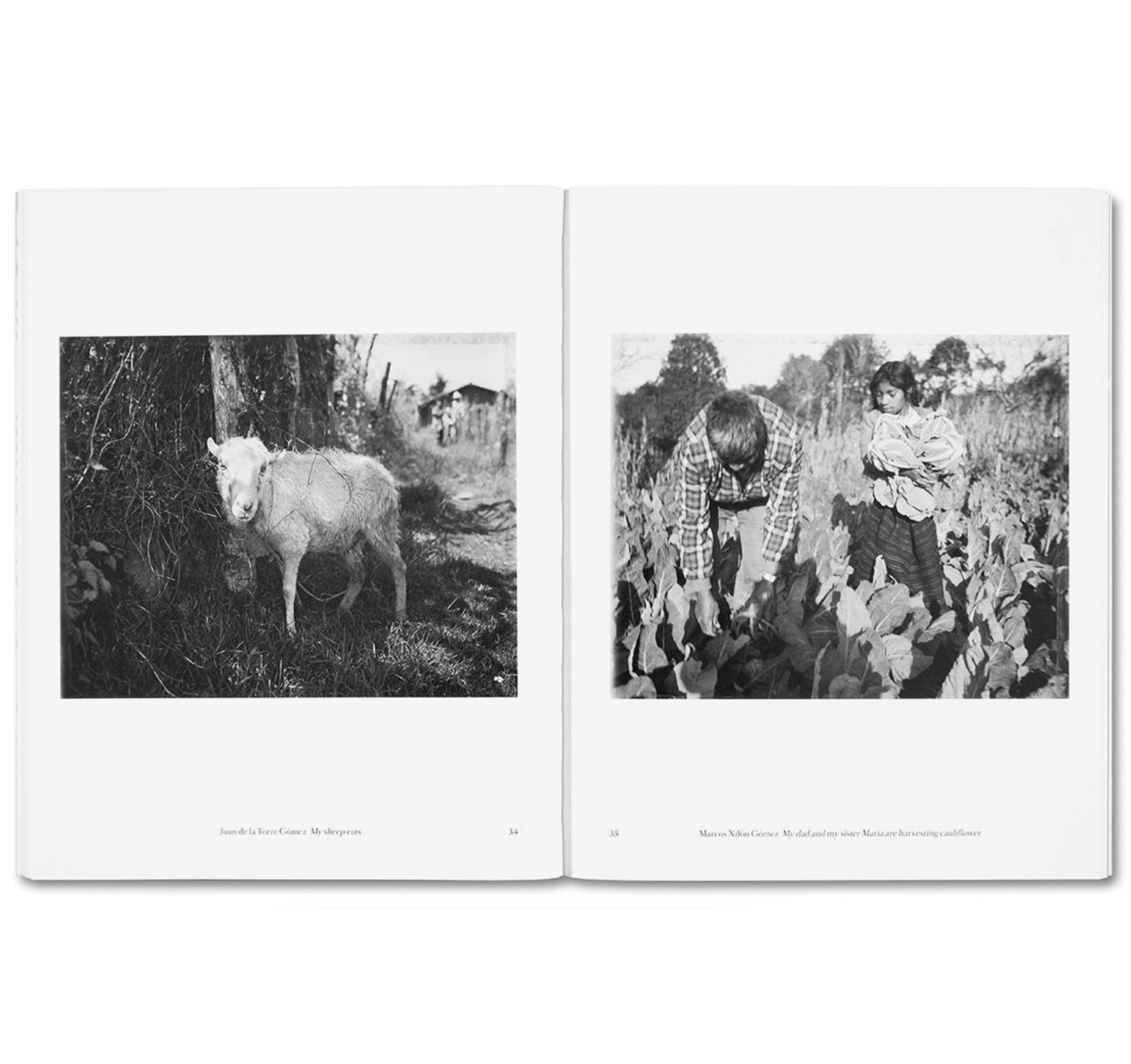
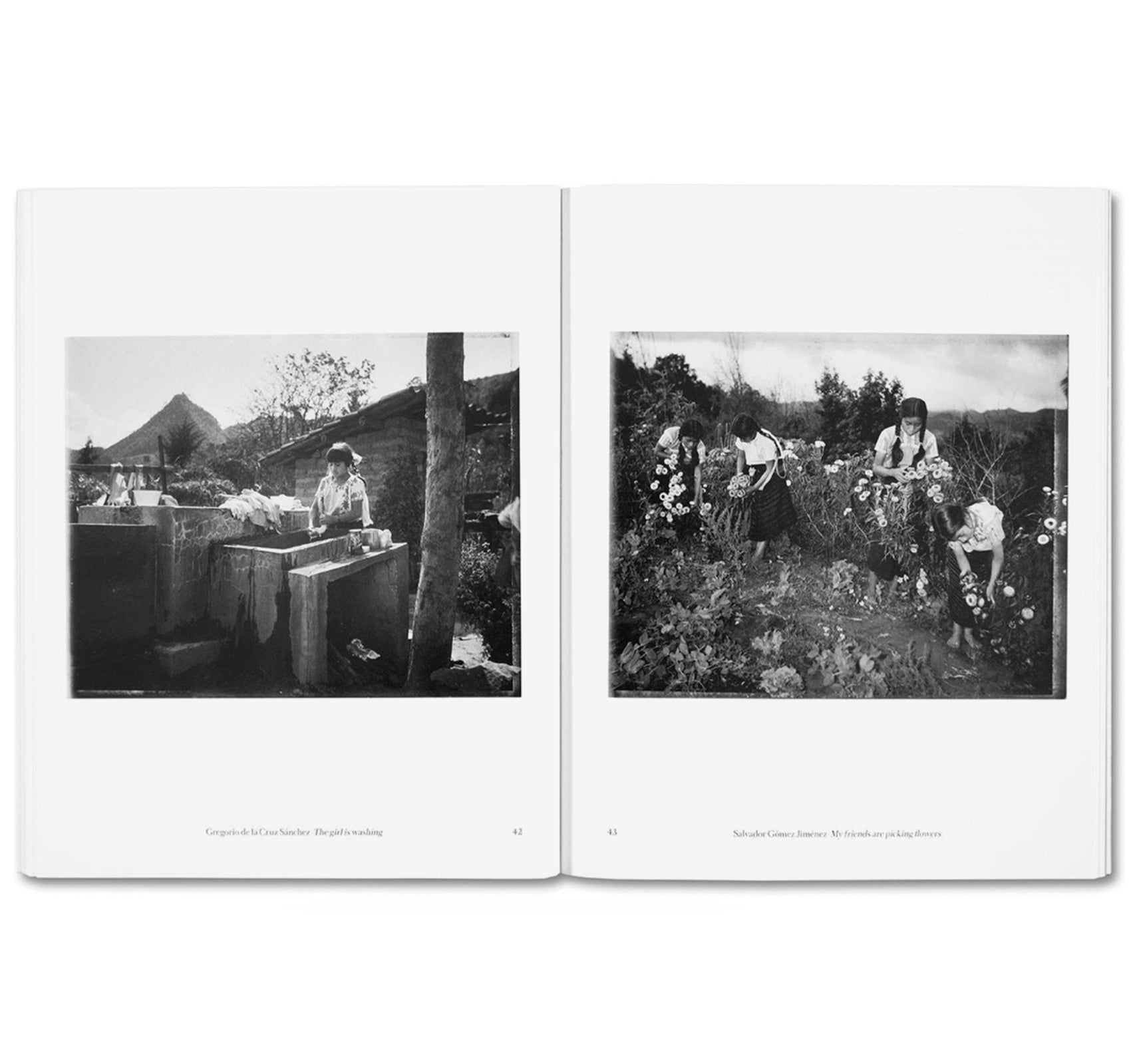
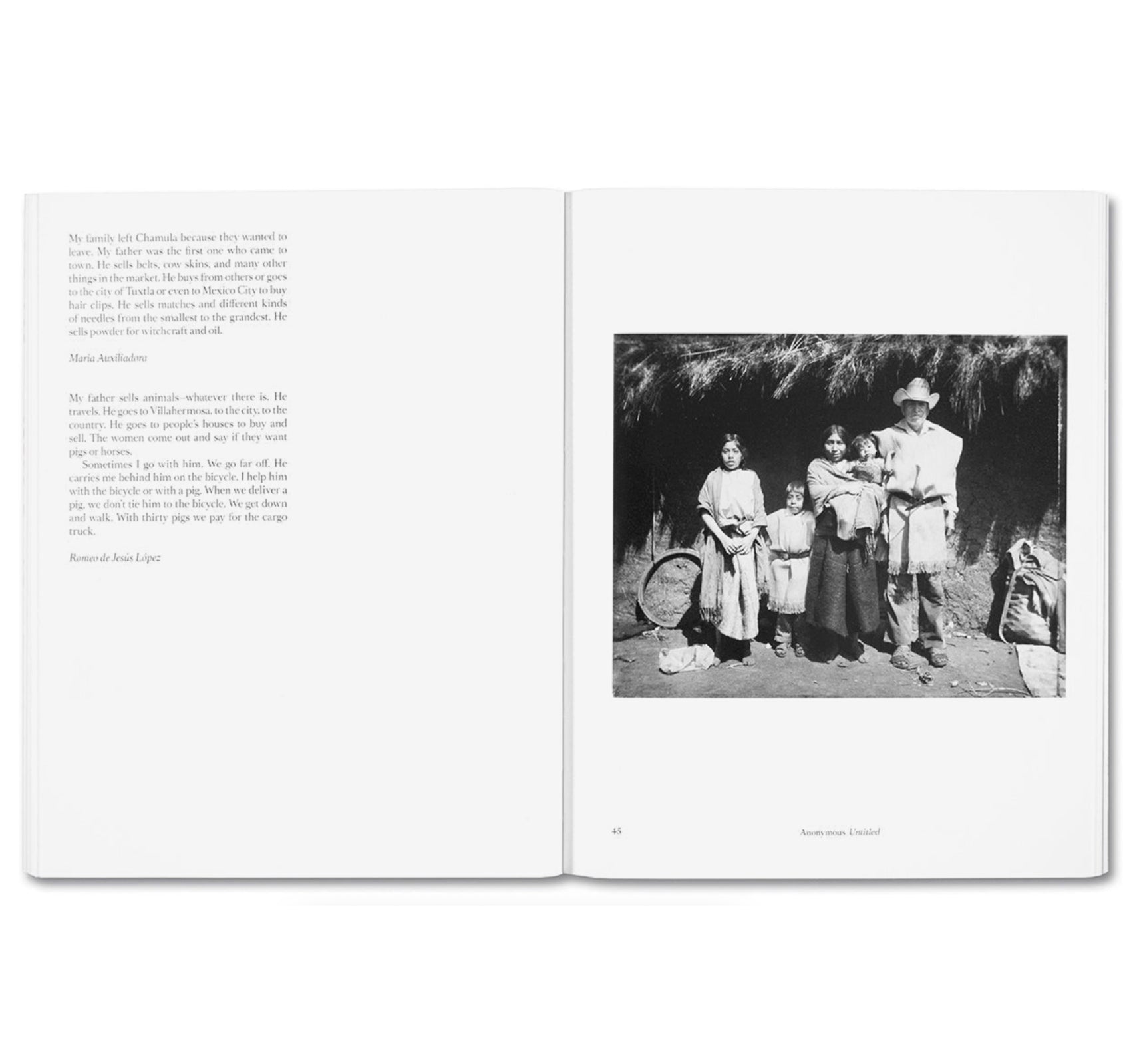
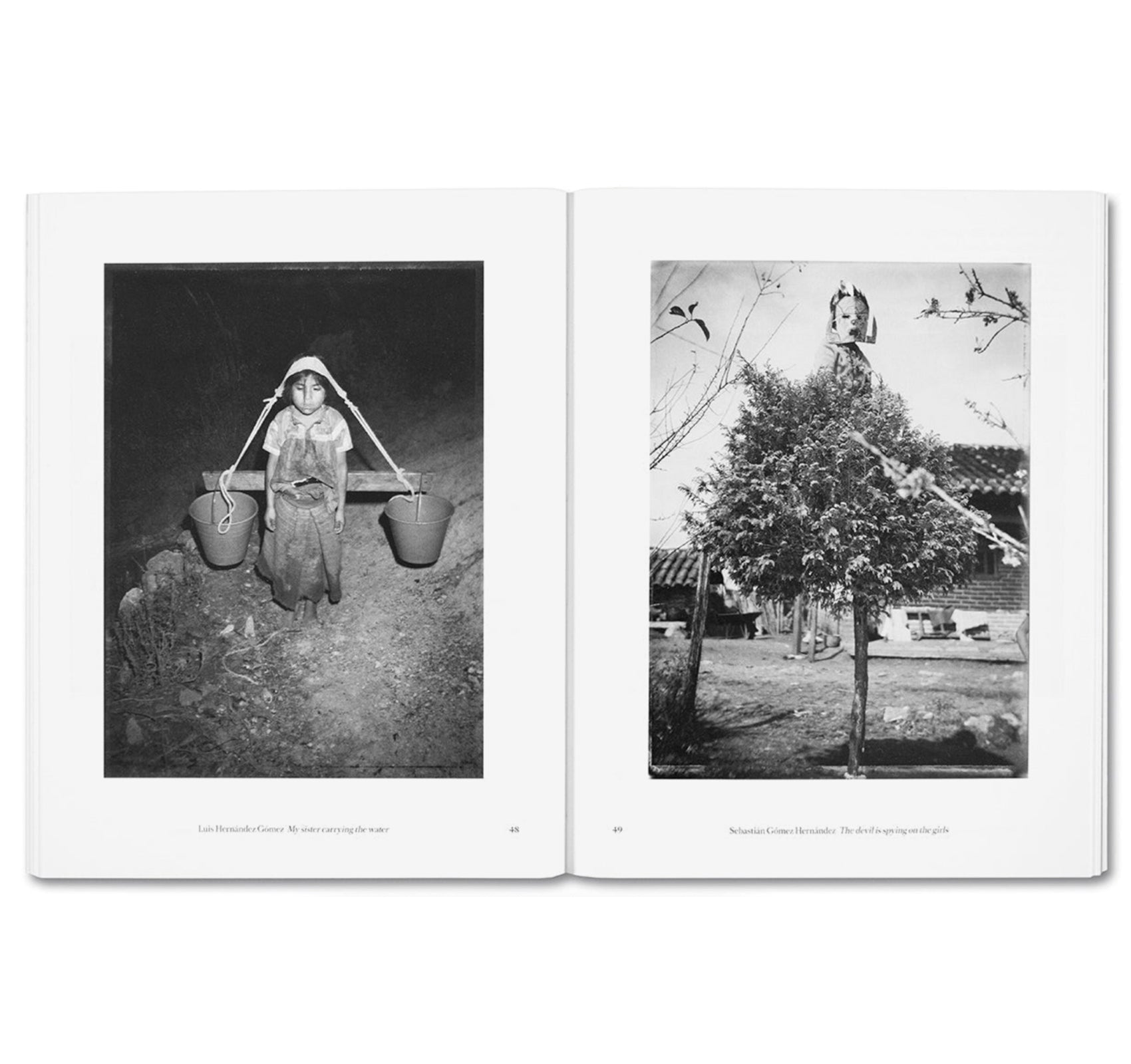
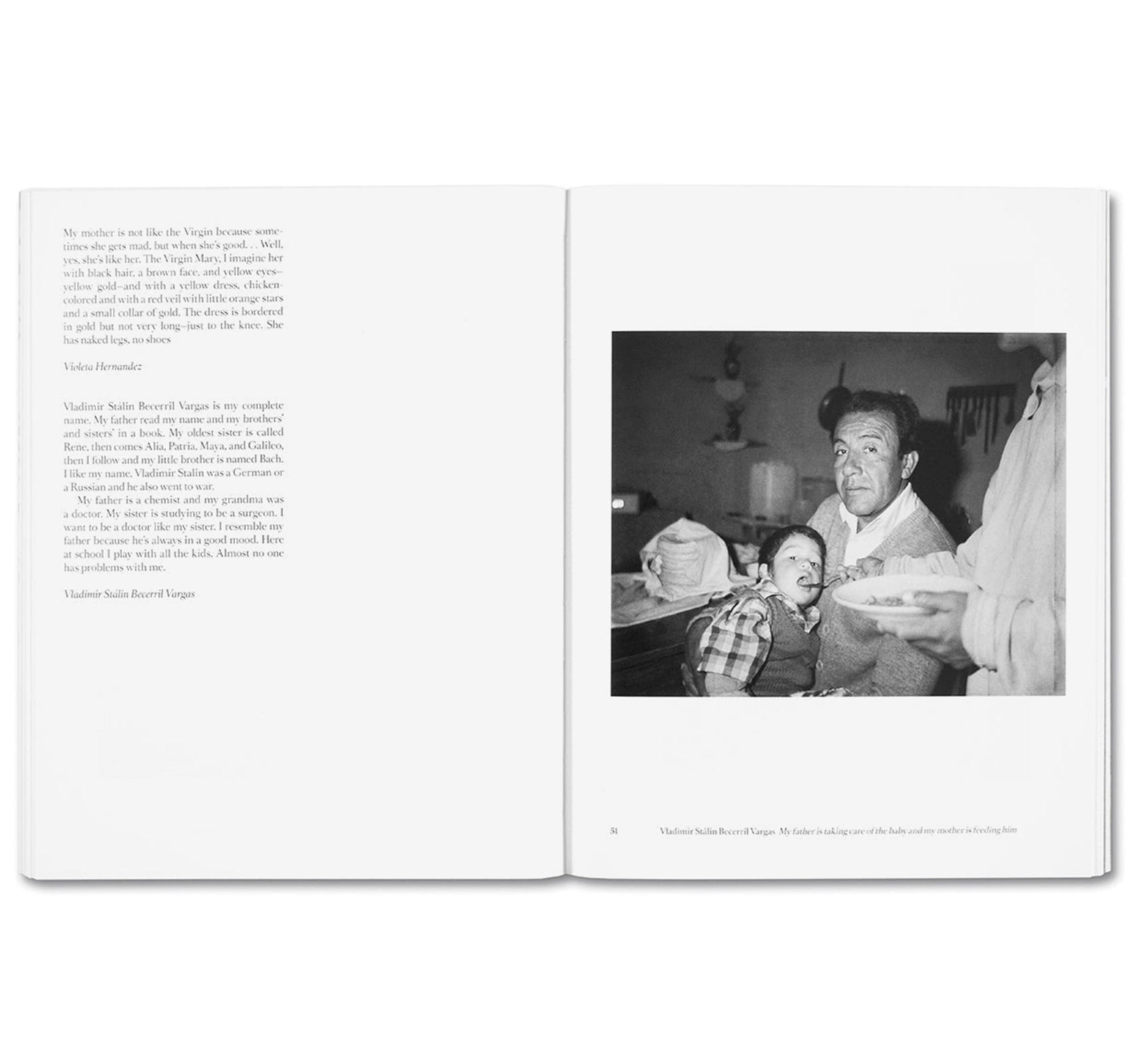

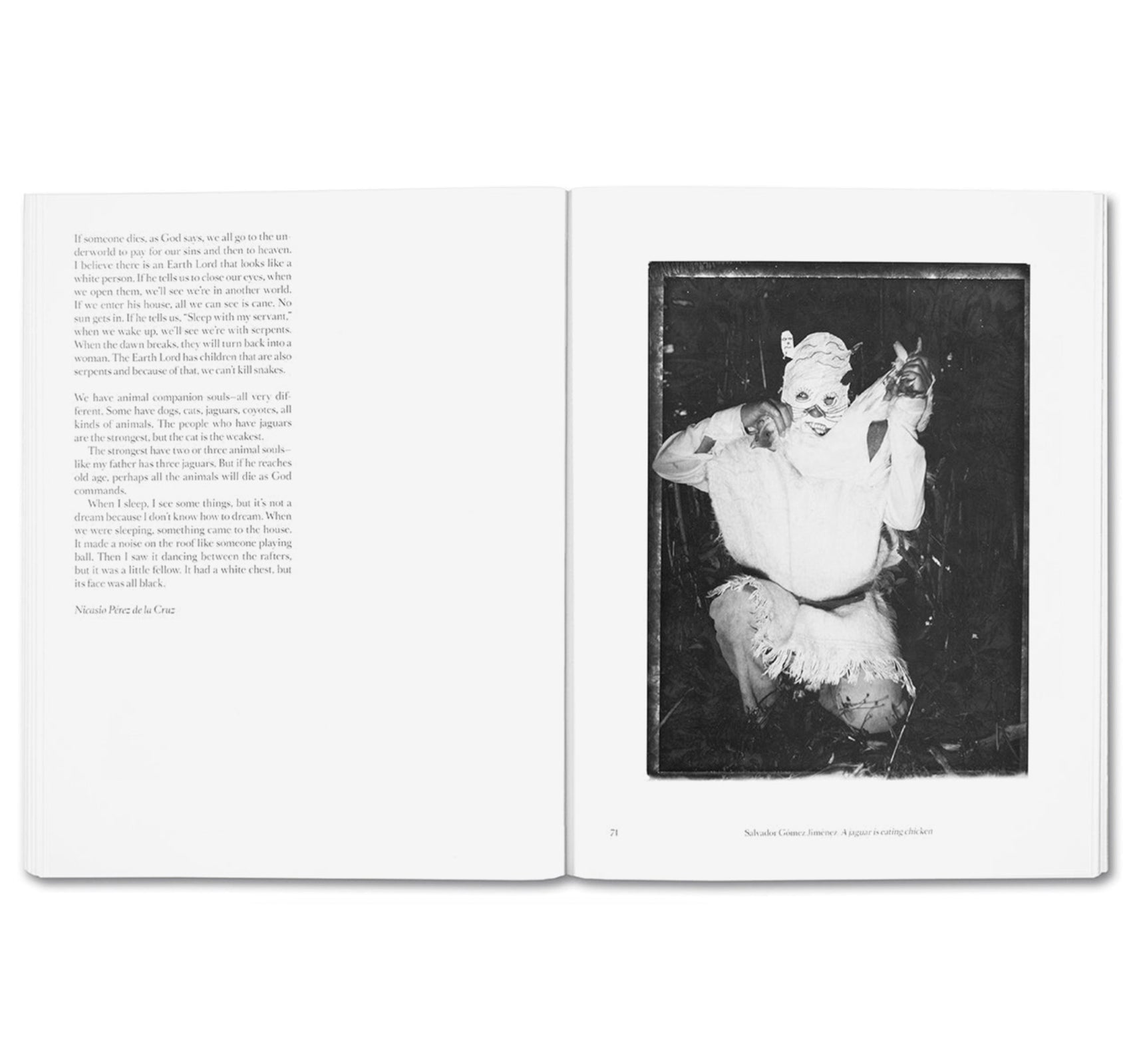
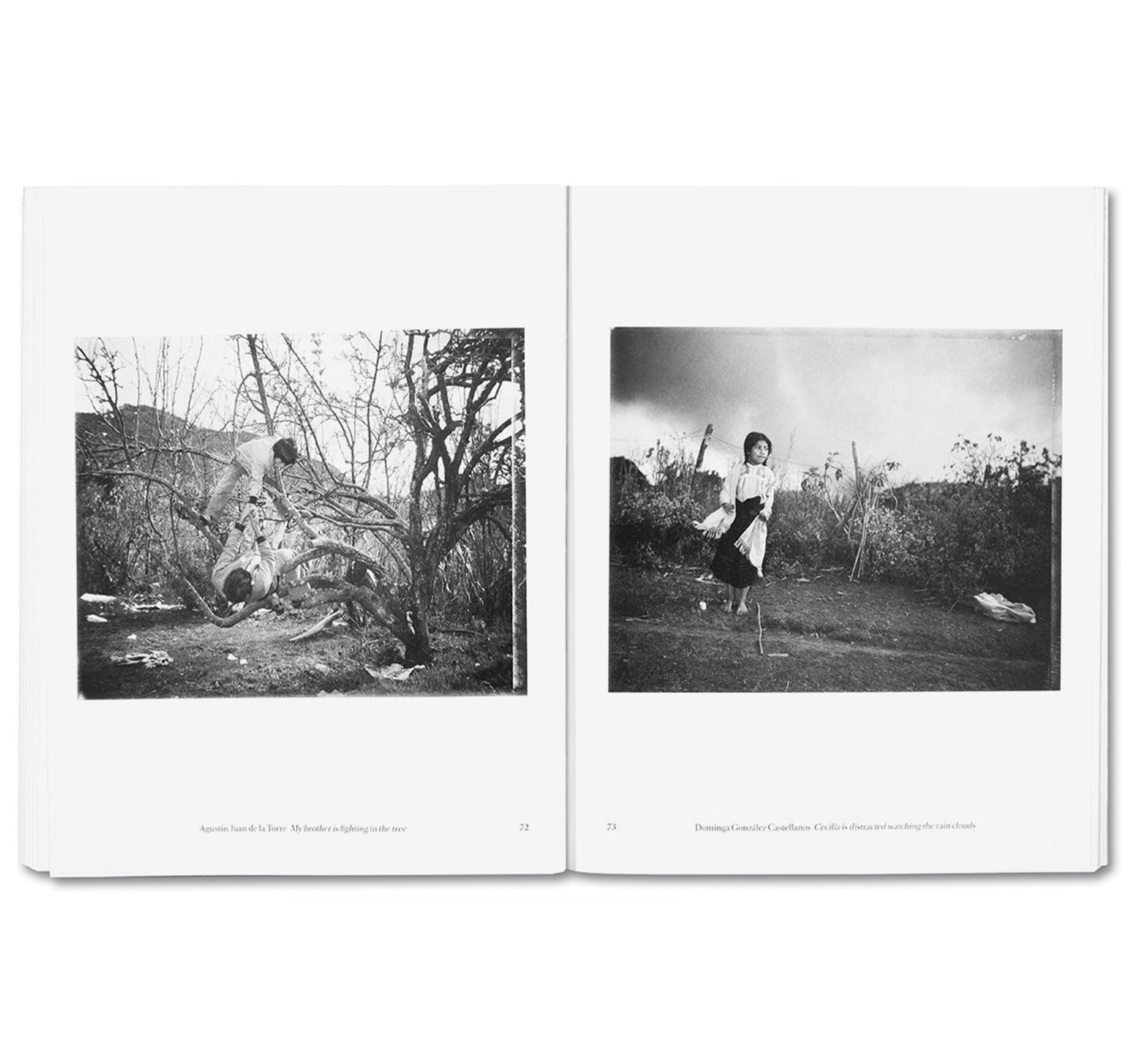
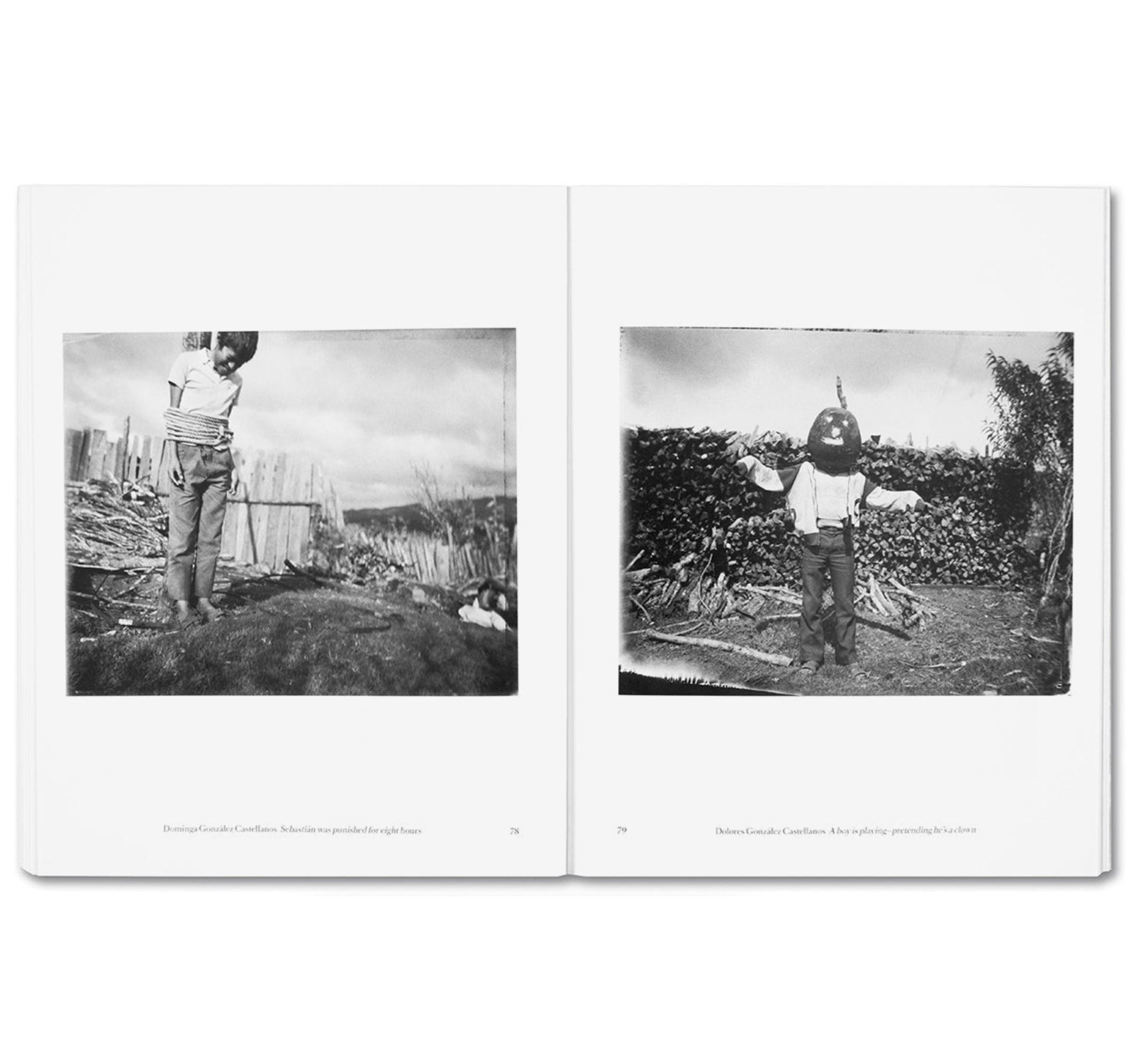
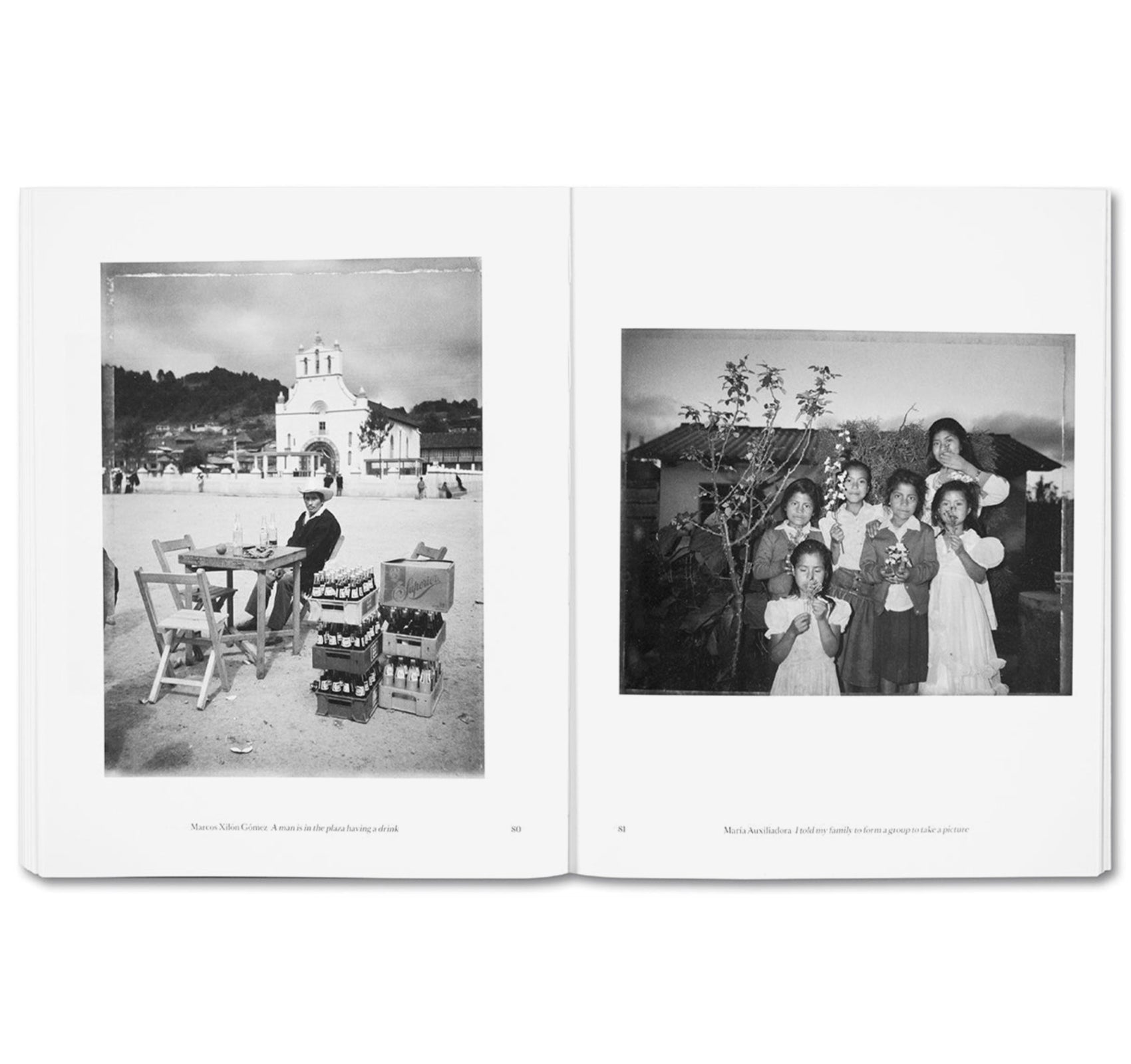

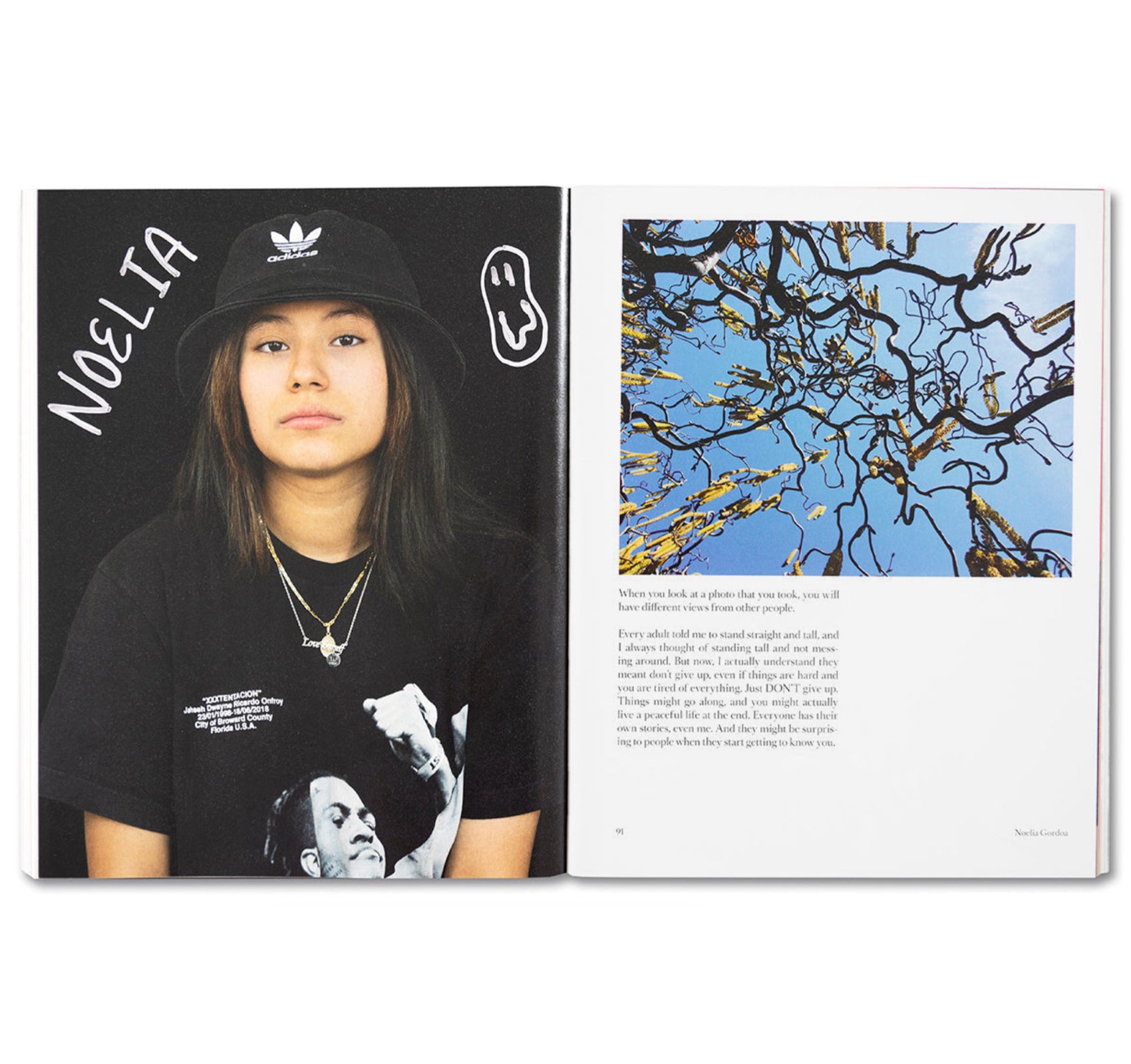
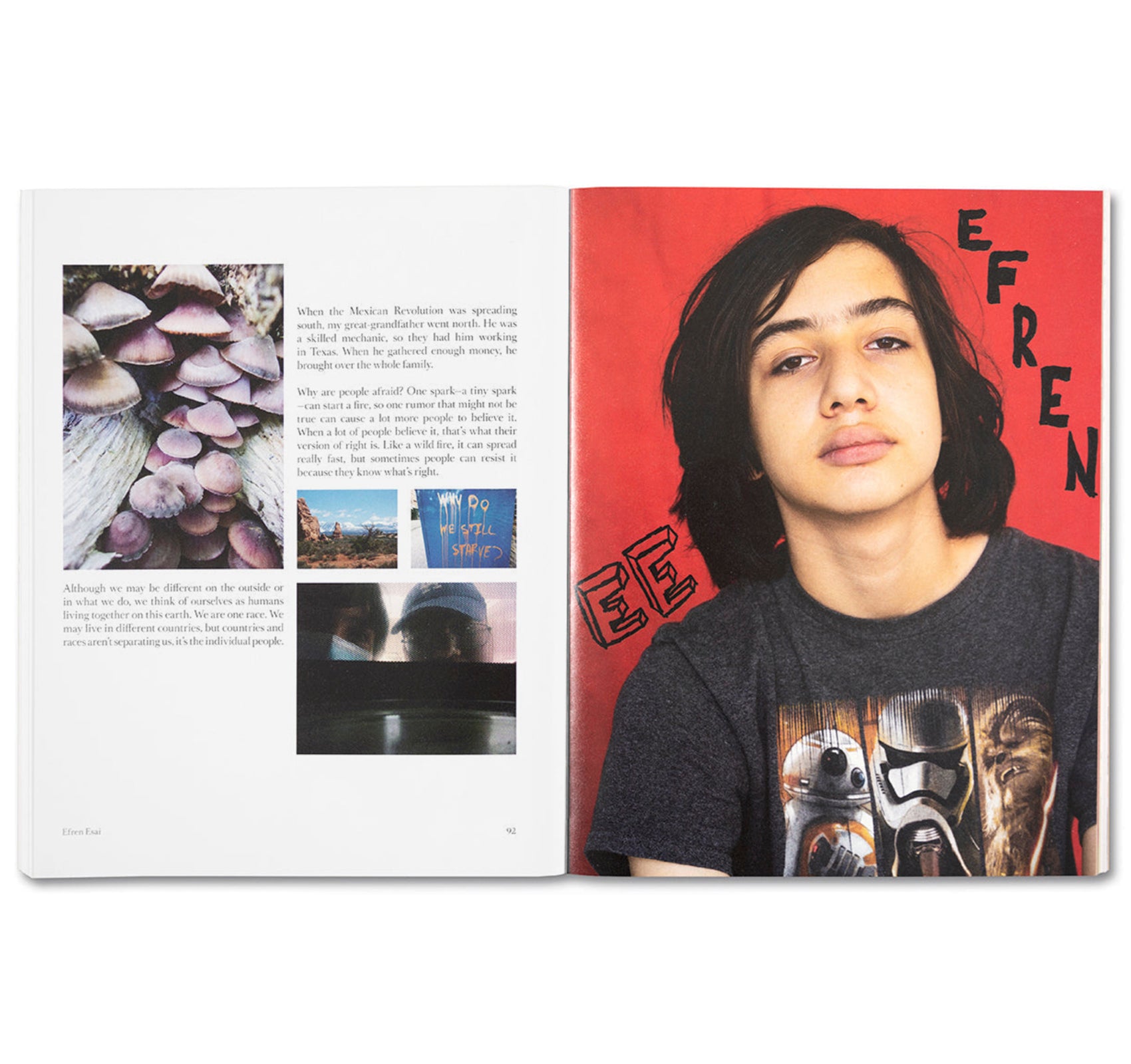
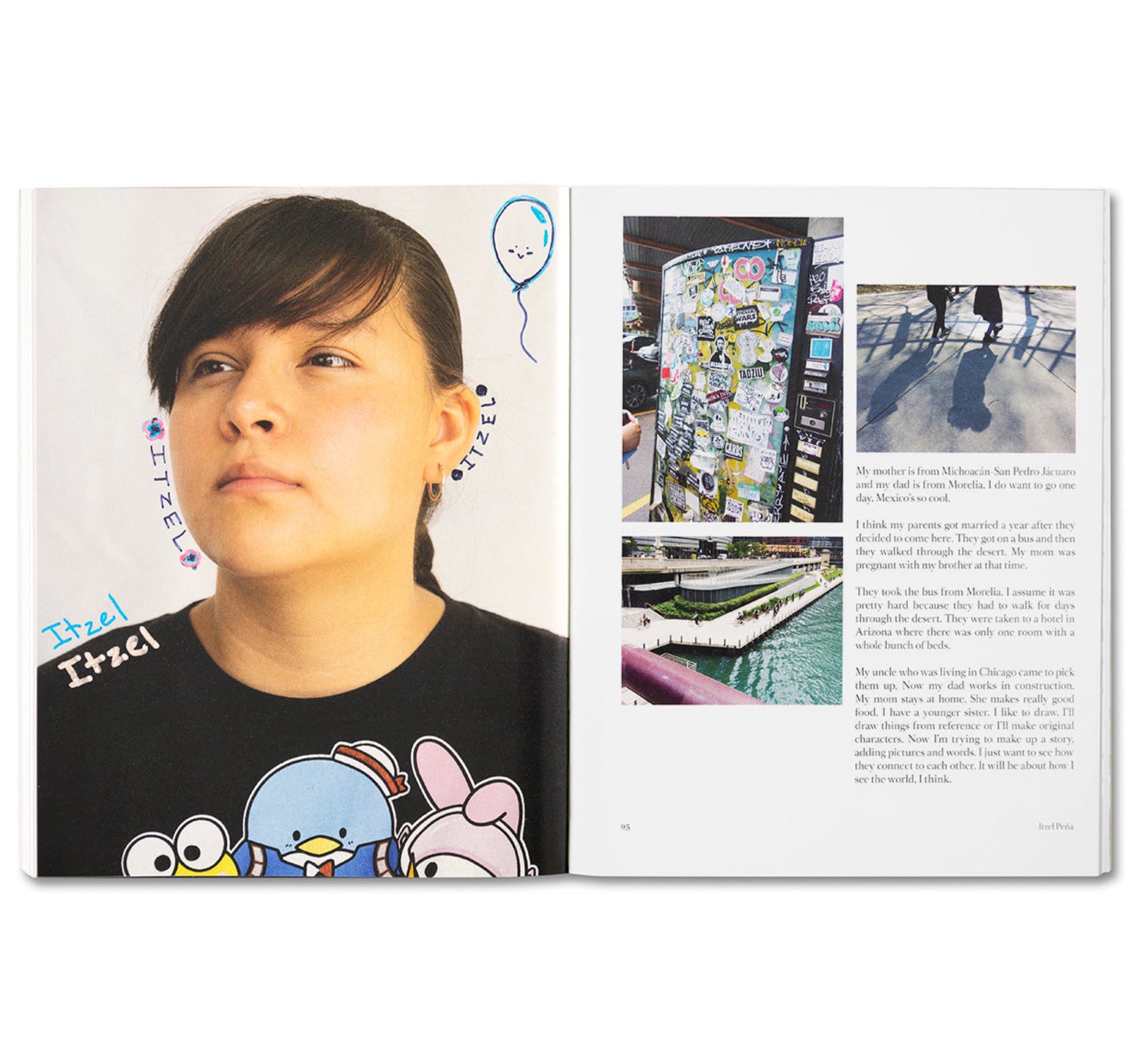
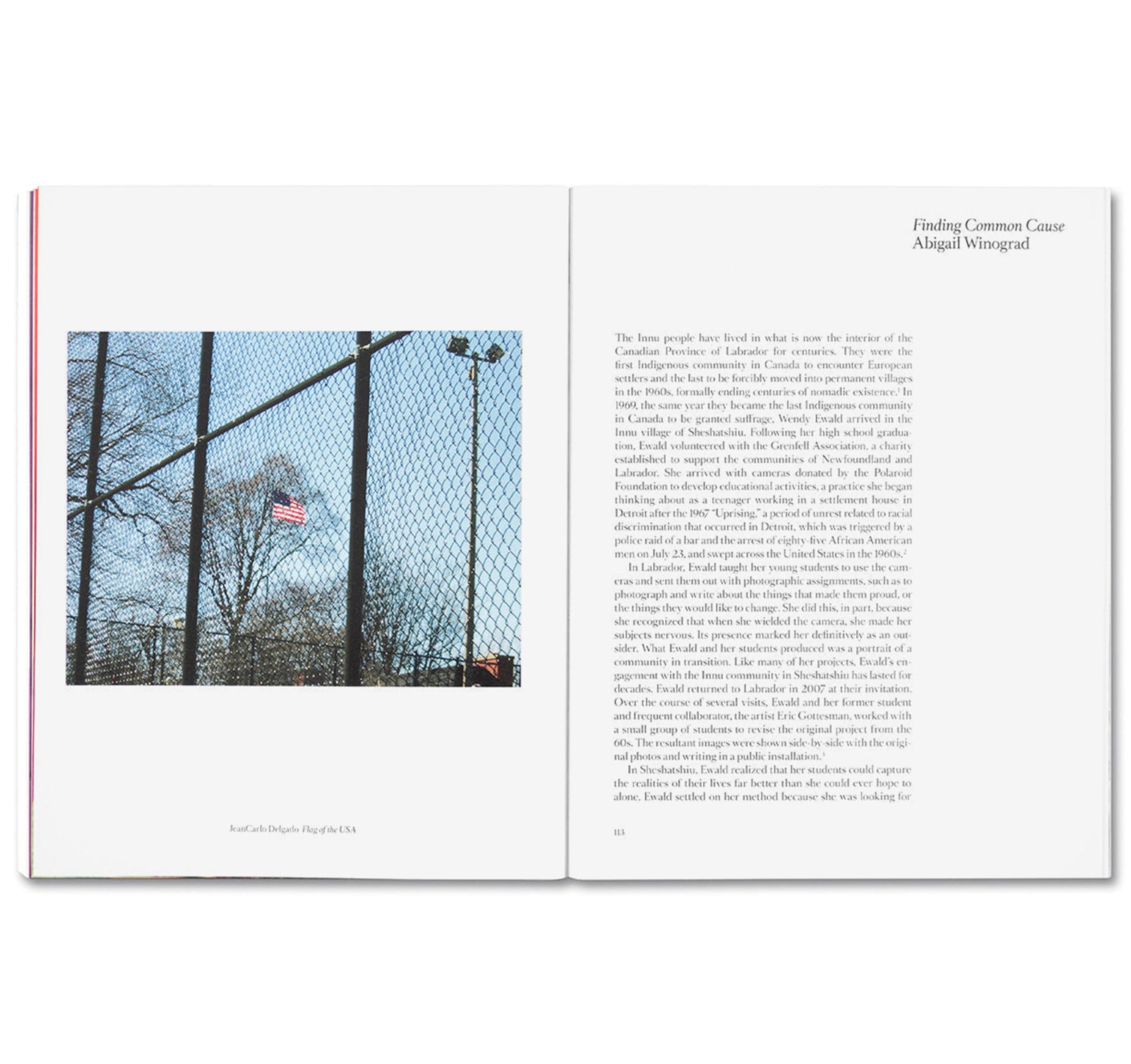
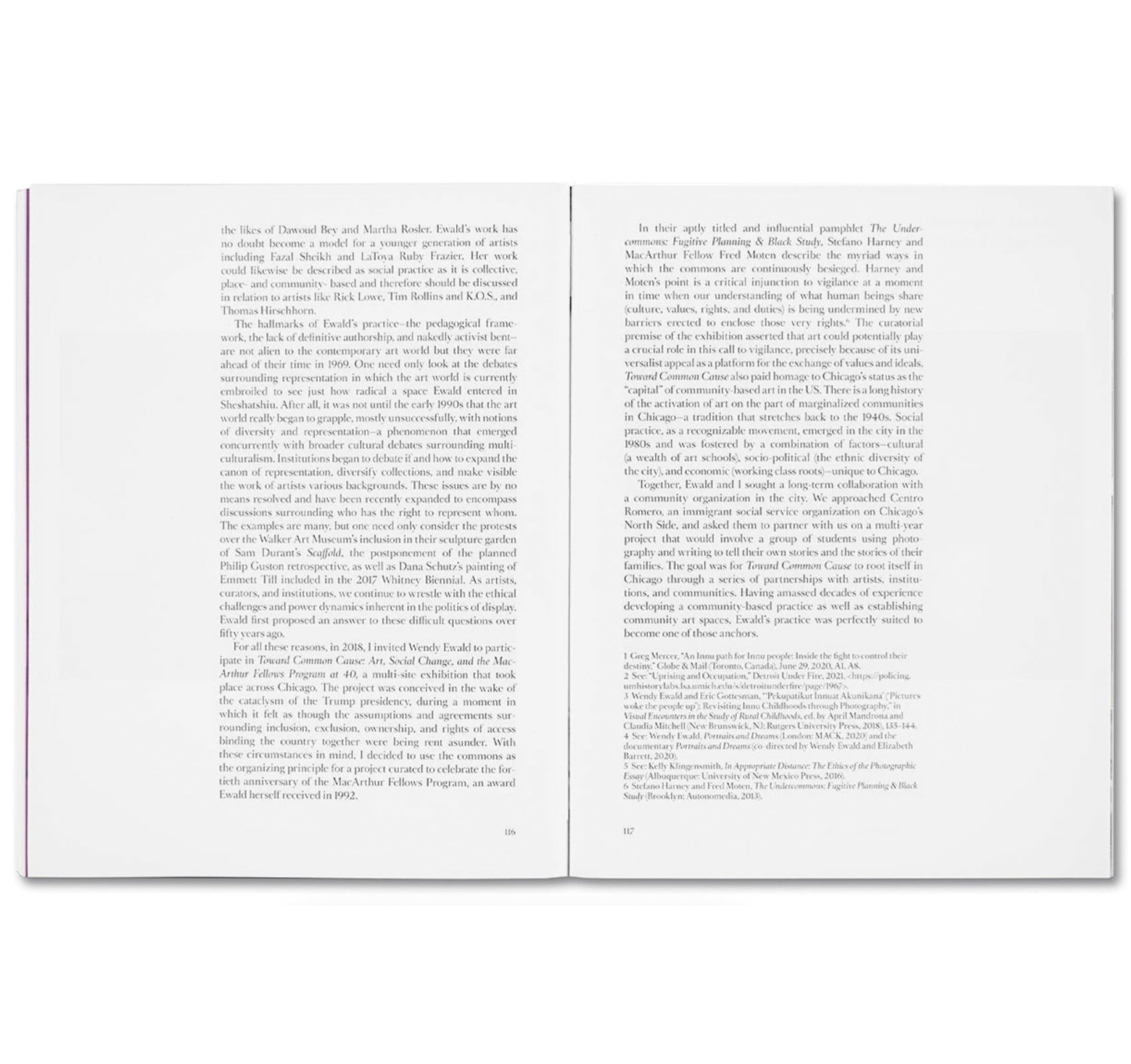
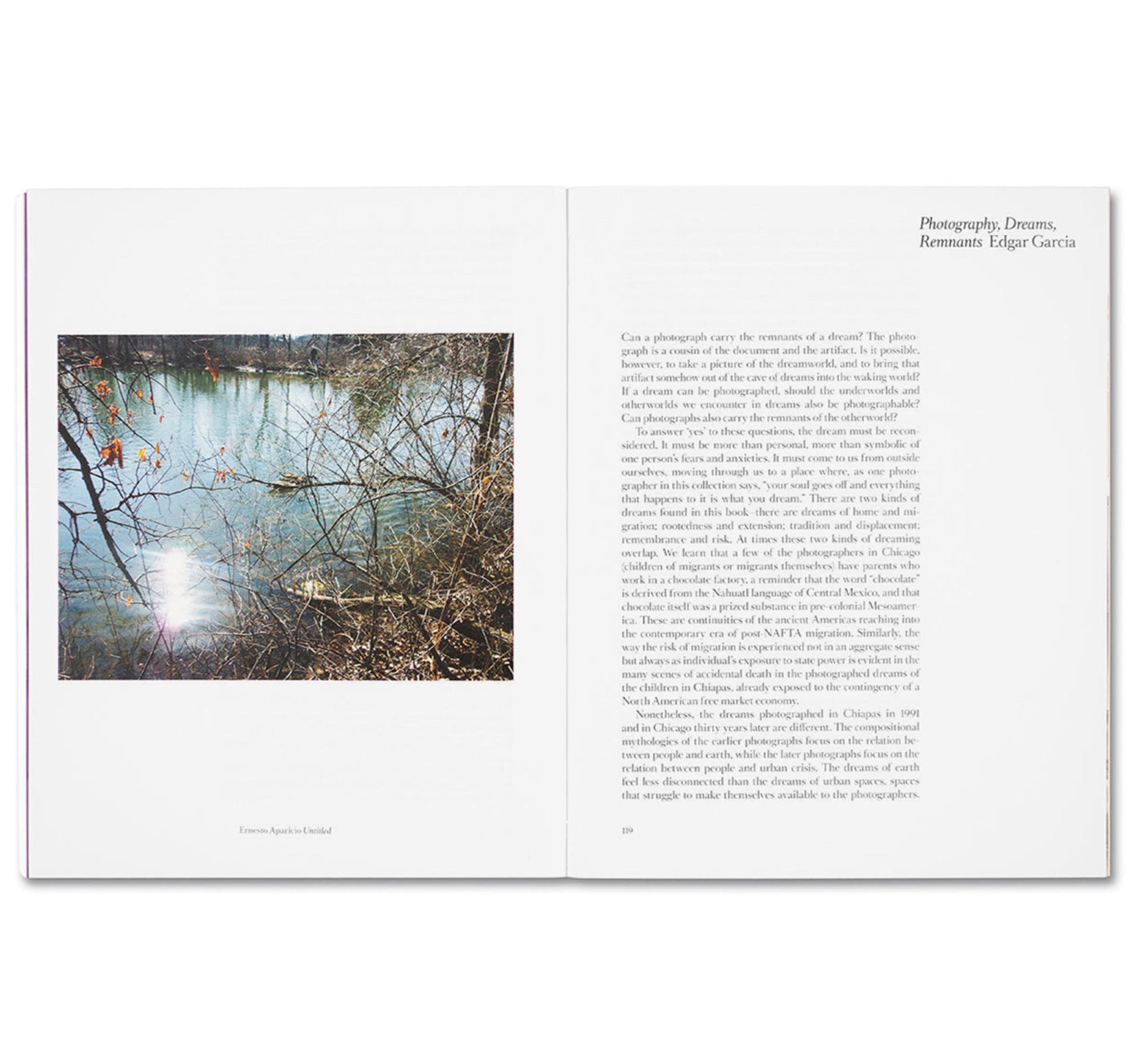
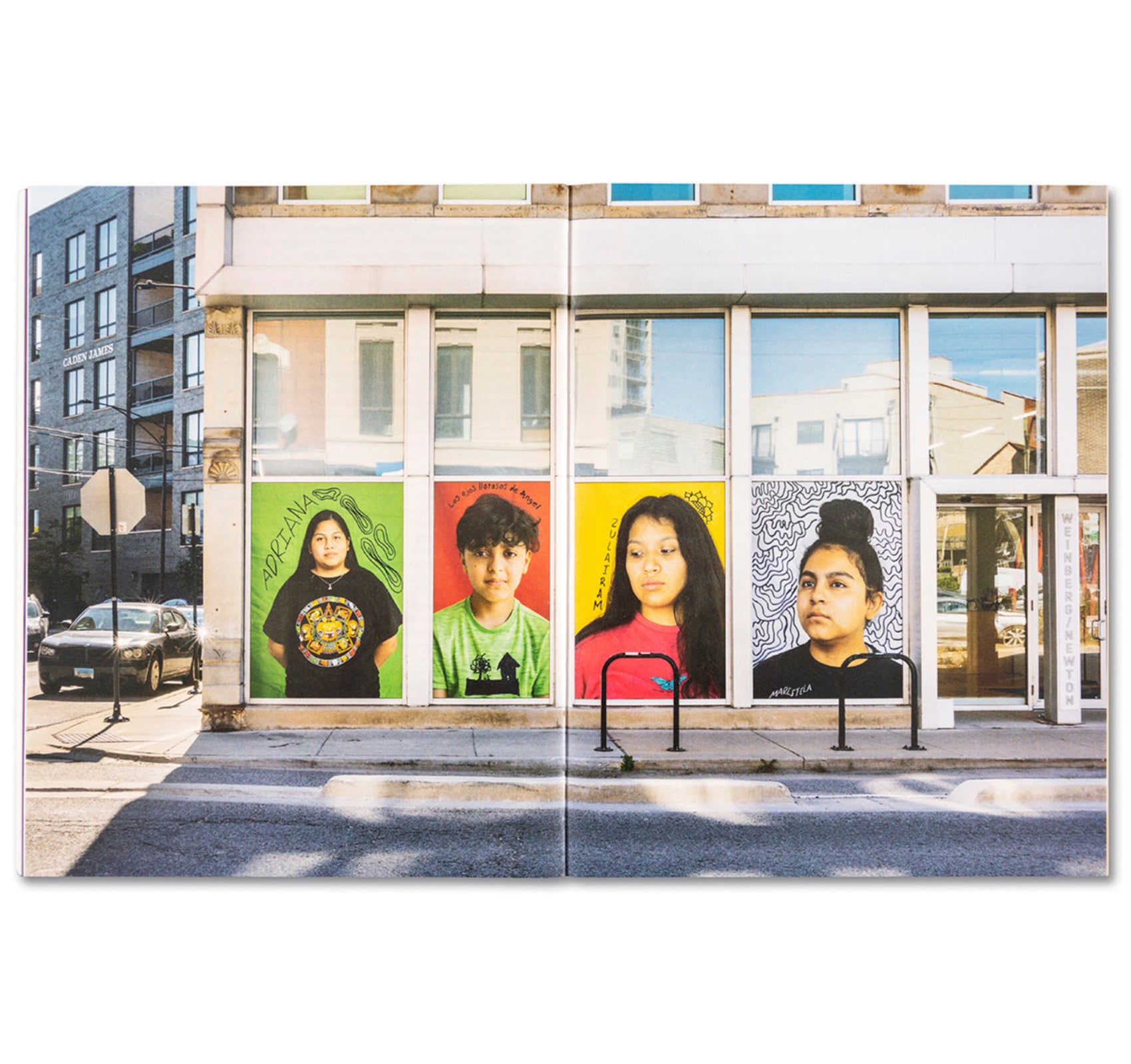
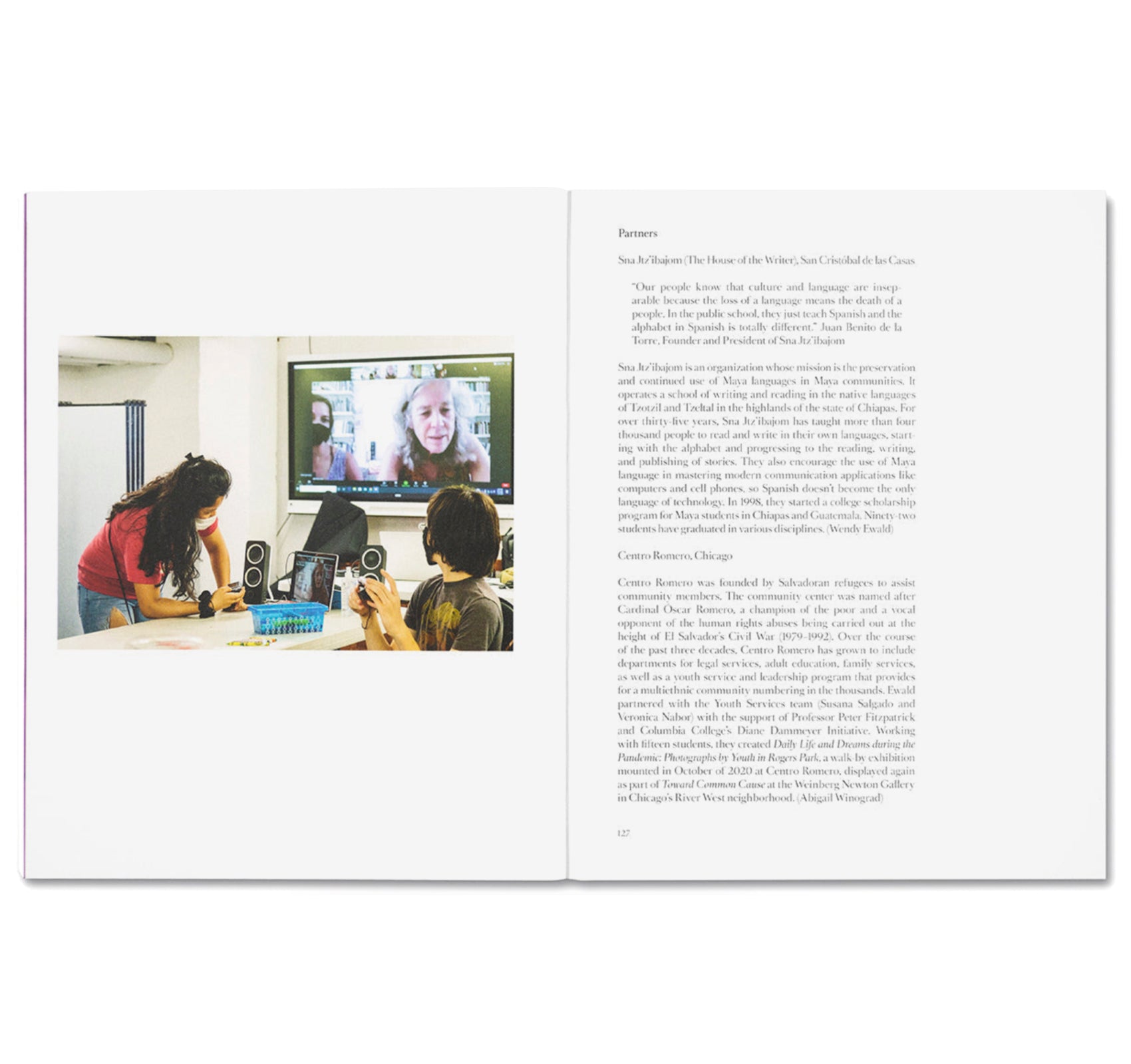
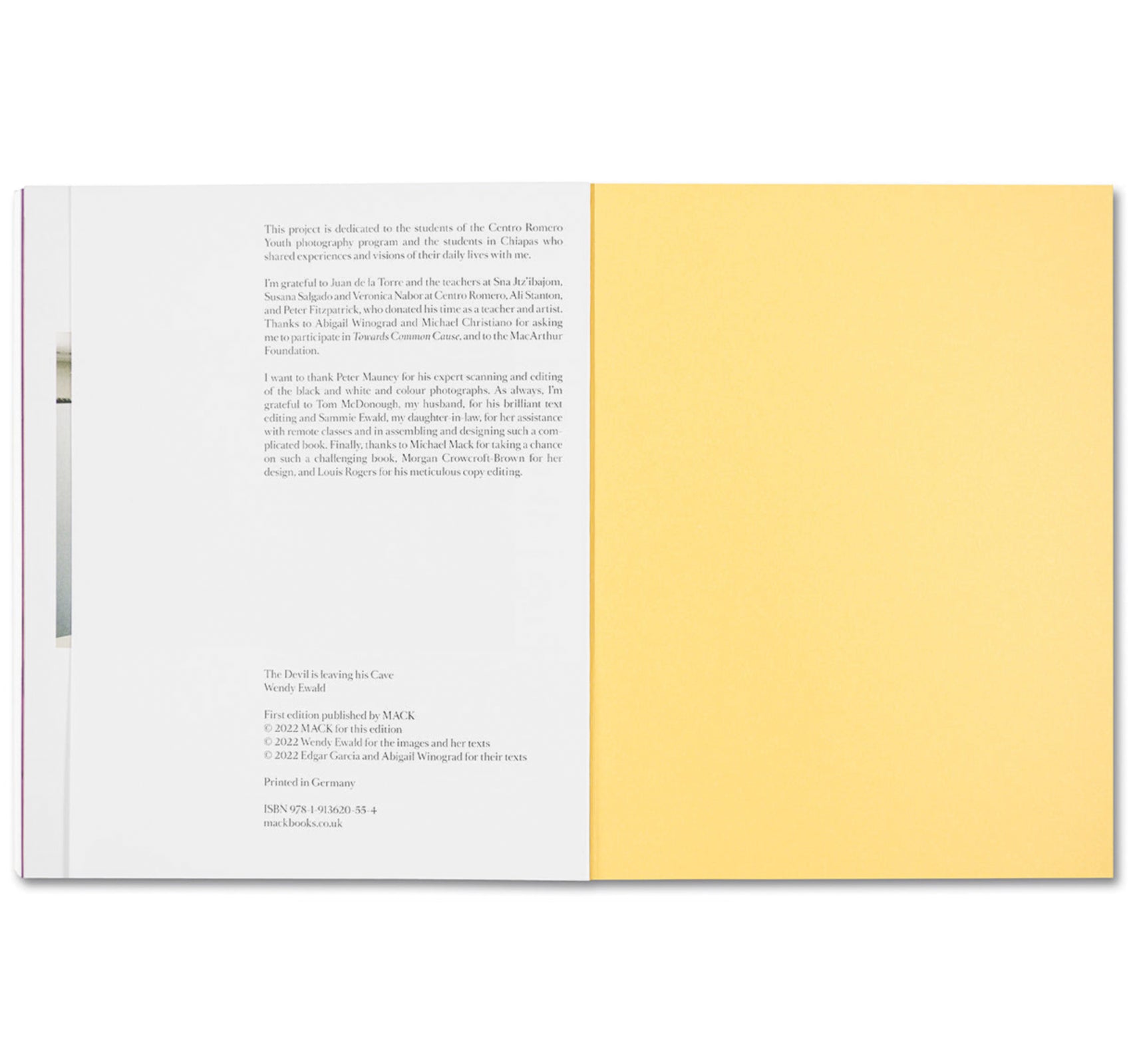
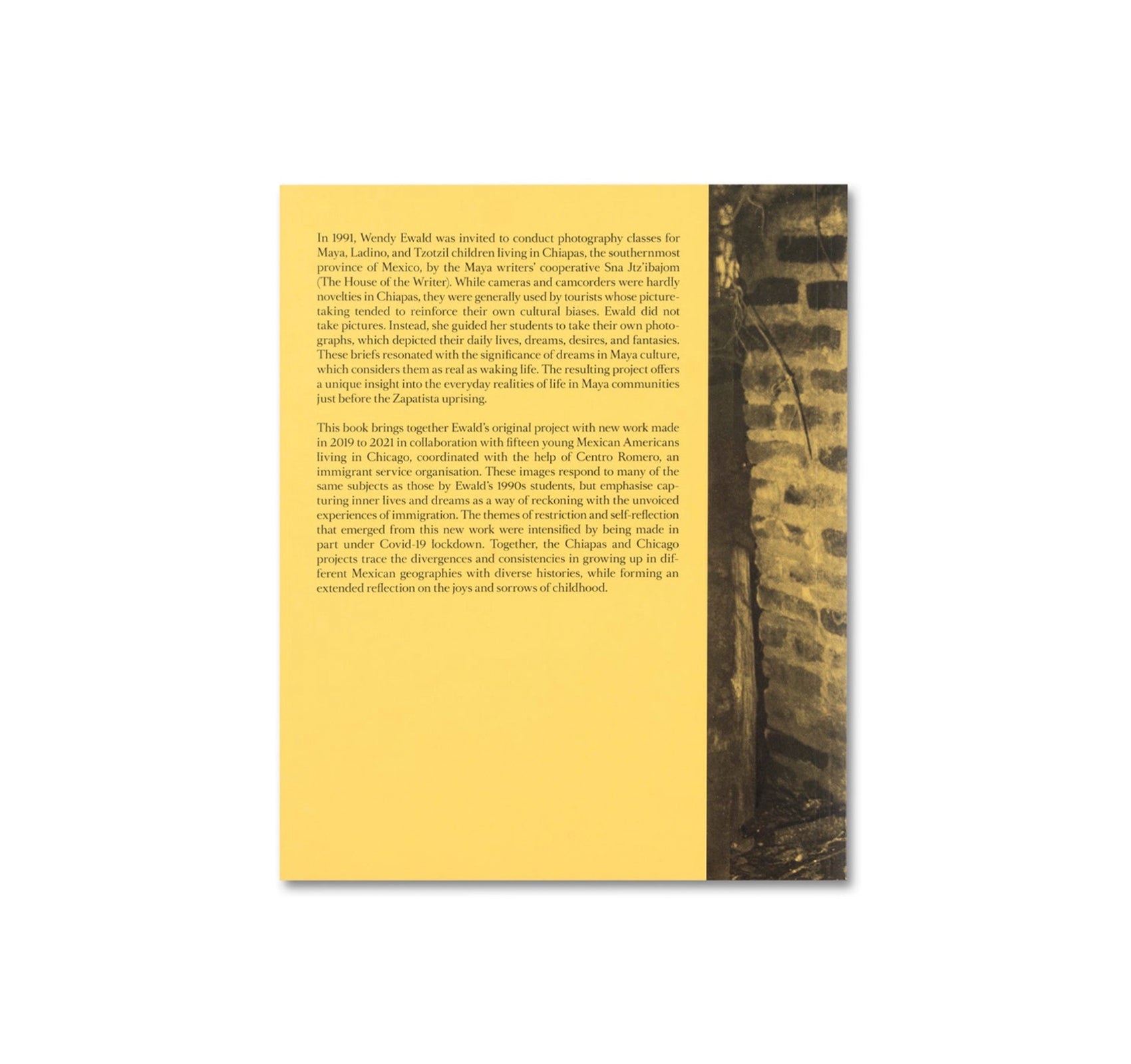
![MAGIC EYES by Wendy Ewald [SECOND EDITION]](http://twelve-books.com/cdn/shop/files/00_211f3c3d-d77e-4830-9c31-eac6aa4f1115_large.jpg?v=1755152236)
